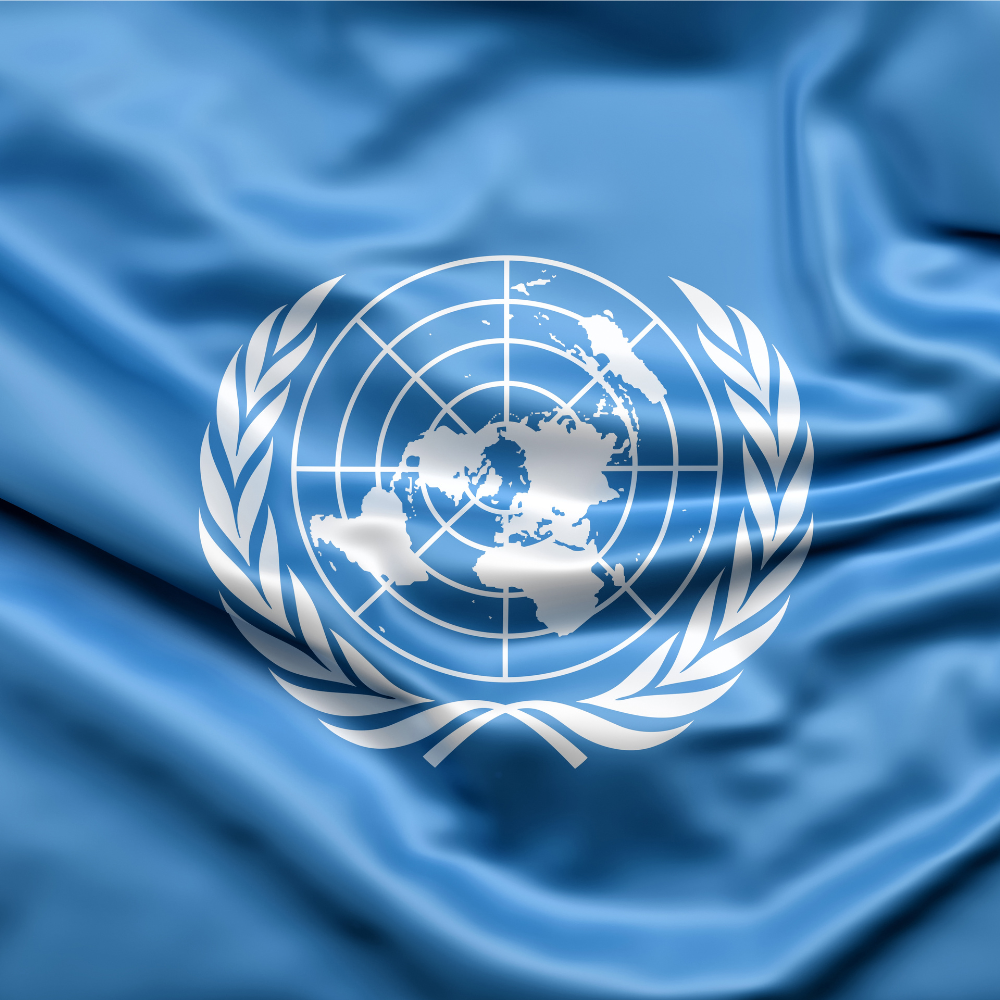
The Taliban, who are currently running the Afghan government, recently banned women and girls in the country from schools, colleges, and workspaces. Due to the lack of female staff, many non-government organizations and social institutions in the country are struggling to provide aid to people who are in dire need of such services. To address this issue, female United Nations officials are to visit the Taliban to make them rethink their decision of restricting women in the country from educational institutions and workspaces. The secretary general of the United Nations has tasked two female UN officials to confront the Taliban. Amina Mohammad, the deputy secretary general of the United Nations, and Sima Bahous, the head of UN Women will be visiting the Taliban along with a team of other female staff members from the United Nations.
The objective of their visit will be to confront the highest leaders of the Taliban regarding the ban on female aid workers and reversing this ban, especially when the aid operations in Afghanistan are crumbling due to lacking the female staff. During the times when the harsh winter is hitting many countries across the globe along with the possibility of deaths due to frostbite and freezing. But many leading NGOs and social institutions have already either left the country or have significantly lowered the scale of their operations as it became harder for these organizations to function without a female staff. Ramiz Alakbarov, the UN's humanitarian coordinator in Afghanistan, marked the current state of Afghanistan in his statement where he said that people are suffering from harsh winter and are freezing to death. He also urged the necessity of acting fast to address this situation. He further added that people need shelters as soon as possible and without having a female staff, the task has become harder as the organizations are unable to reach out to Afghan women and children in need.
Because of the worsening conditions of poor and needy people in Afghanistan, the UN has decided to send a team of higher officials and women with years of experience who can assist with social operations in the country. One of the females from this team said that if there are women present in the room while discussing with the Taliban, it will open them up to uncomfortable discussions regarding women in the country. This will be something different from what other organizations and foreign bodies have been doing while confronting the Taliban. Most foreign bodies often send a men-only team to comfortably interact with the Taliban, which contrary to global beliefs, helps the Taliban propel their views regarding women.
Other than the social issues surrounding the suppression of women, people in Afghanistan are struggling to even get their basic needs fulfilled. Several states are still struggling to get a constant power supply during this year’s harsh winter. Many states in the country have reported temperatures as low as -16°C. At such low temperatures, it is almost impossible to prevent frostbite and freezing without proper shelter and electricity. NGOs and other social institutions were doing their best to aid these people and prepare them for winter, but the decision of the Afghan government to ban female aid workers has rendered them unable to function in the country.



